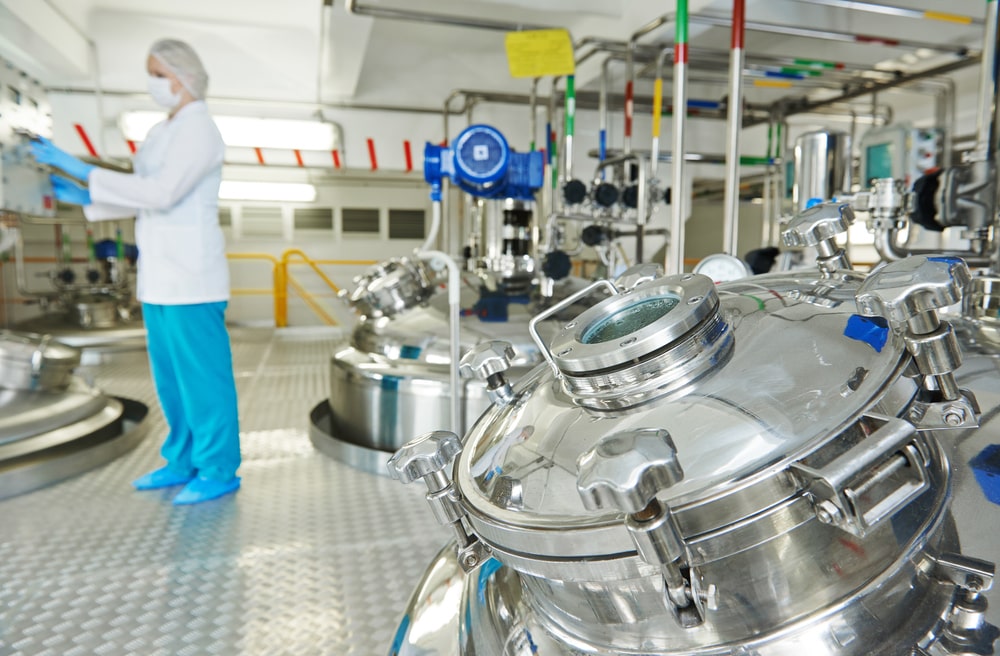Effective recipe and formula management is crucial for preparation-based industries and offers significant benefits, especially in terms of production optimization, supply chain management and integration with digital tools.
Recipe management – definition in the industrial context
Recipe management in industry involves theuse of procedures and technologies to standardize, store and control information about product formulations. This process is vital not only in food industries, but also in pharmaceutical and chemical industries, where consistency, quality and compliance with laws and regulations are essential.
In these industries, a recipe includes not only ingredients, but also complex formulas with precise proportions and specific instructions for mixing and handling substances.
Similarly, in the food industry, in addition to ingredients, processing and storage conditions, and sometimes packaging, are critical. In digitizing these processes, software and MES systems play a key role in connecting production departments with the enterprise IT infrastructure.
The main needs for companies that make preparations
The food, pharmaceutical and chemical industries have special needs in recipe management. These, in fact, must have ahigh degree of accuracy, ensuring the repeatability of product realization, but also the ability to act in accordance with strict industry standards and stringent regulations, especially for companies operating and producing in the European market.
In addition, traceability and sustainability are two other particularly topical issues. But what, in detail, are the needs of these companies? Let’s find out in detail.
- Standardization of recipes: keeping formulations unchanged to ensure process repeatability and product consistency.
- Regulatory compliance and quality: comply with regulations on safety, labeling and traceability to avoid penalties and maintain consumer confidence.
- Efficiency in production: reducing time and costs through automation and waste reduction.
- Flexible variance management: adapting quickly to changes in the market, its demands and variations in the commodity market.
- Data security and integrity: protect sensitive information from unauthorized access and cyber threats.
- Sustainability and social responsibility: adopt sustainable practices, manage resources efficiently, and reduce environmental impact.
- Innovation and new product development: maintain competitiveness by developing new formulations quickly and efficiently.
Thus, companies involved in the manufacture of preparations face a continuous set of challenges. The answer to these needs is through the adoption of advanced strategies and technologies that balance efficiency, quality, regulatory compliance and innovation.
The benefits in digitizing prescription management
The adoption of digital systems for recipe management offers many benefits, such as product uniformity, operational efficiency, traceability and change control. Another important aspect is operational efficiency. Digital systems enable rapid sharing and access to recipes among different locations and lines through the MES software in production, reducing errors and improving consistency in the production process.
Integration with other technologies, such as the industrial Internet of Things (IIoT) and artificial intelligence, enables further optimization of production processes, for example through predictive analytics and automation, which are also gaining momentum in vertical solutions such as consumer packaged goods (CPG) software.
Finally, digital recipe management supports operational sustainability. Analysis of the data collected can help companies identify and implement more efficient and environmentally friendly practices, reducing raw material waste and minimizing environmental impact.
Digitizing recipe management: a choice of efficiency and sustainability
Digitization is not only an indispensable strategic choice for the food, pharmaceutical and chemical industries but represents a paradigm shift toward greater efficiency and sustainability. Digital recipe management offers unparalleled precision in formulation standardization, ensuring consistent quality and compliance with the increasingly stringent and demanding regulations of these three industries.
The ability to track and monitor every aspect of production in real time enables rapid and flexible response to changes, reducing waste and optimizing resource use. Digitization is also crucial for data security, protecting sensitive information and ensuring the integrity of processes. In an era when cybersecurity is critical, especially for Italian industries, robust digital recipe management systems are essential to safeguard business know-how.
Request an appointment with our consultants to find out how to integrate recipe management digitization into your business.
